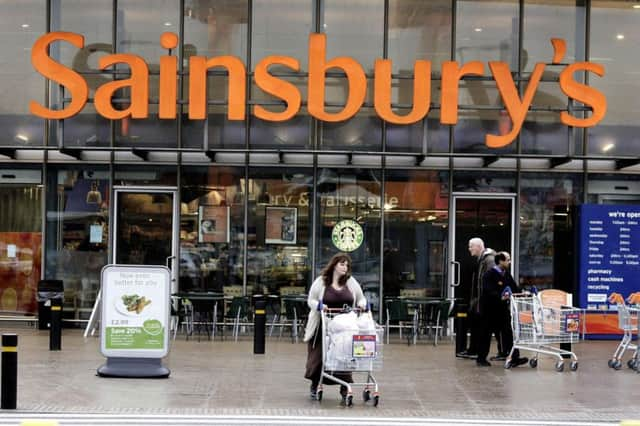Sainsbury's ends BOGOF deals in bid to reduce waste


The supermarket said the multi-buy deals which have become prevalent in retail outlets over the past decade in a bid to tempt shoppers to buy more would be phased out by August this year. Since March last year, Sainsbury’s has already removed more than half of its multi-buy promotions.
After August, there will be only a few exceptions where multi-buy promotions such as buy one get one free will be used, at certain times of the year.
Advertisement
Hide AdAdvertisement
Hide AdSainsbury’s food commercial director, Paul Mills-Hicks, said: “Customer shopping habits have changed significantly in recent years, with people shopping more frequently – often seeking to buy what they need at that moment in time.
“By replacing multi-buy promotions with lower regular prices, we are making it easier for customers to buy the products they need, in the quantities they need, without having to buy multiple items to enjoy great value.”
Zero Waste Scotland estimates that in Scotland alone, 630,000 tonnes of food and drink is thrown away every year, worth £470 per household per year.
Sainsbury’s marketing director, Sarah Warby, said: “Careful management of household budgets, a growing awareness of the cost of food waste and more health-conscious living has driven a trend away from multiple product purchasing towards more single-item purchasing.”
Consumer group the Money Advice Service (MAS) said earlier this week that three-quarters of shoppers regularly spend more than they meant to in the supermarket due to special offers, promotions and multi-buy deals.
MAS said people spend £11.14 more than they intended to per shop. As the average shopper visits the supermarket more than twice a week, the consumer group calculated that this could lead someone to spend around £1,274 per year more than they had intended.